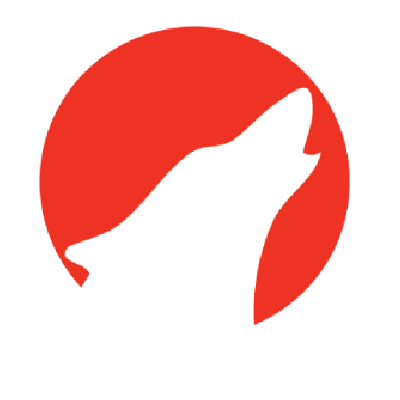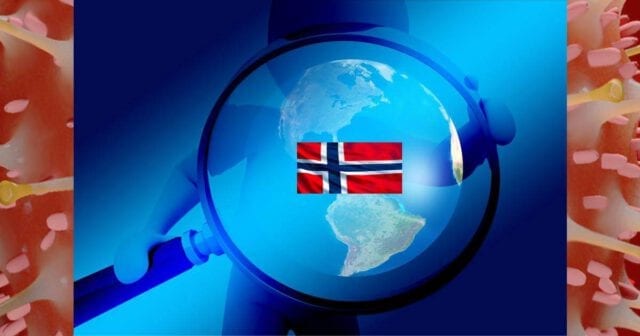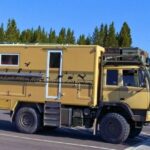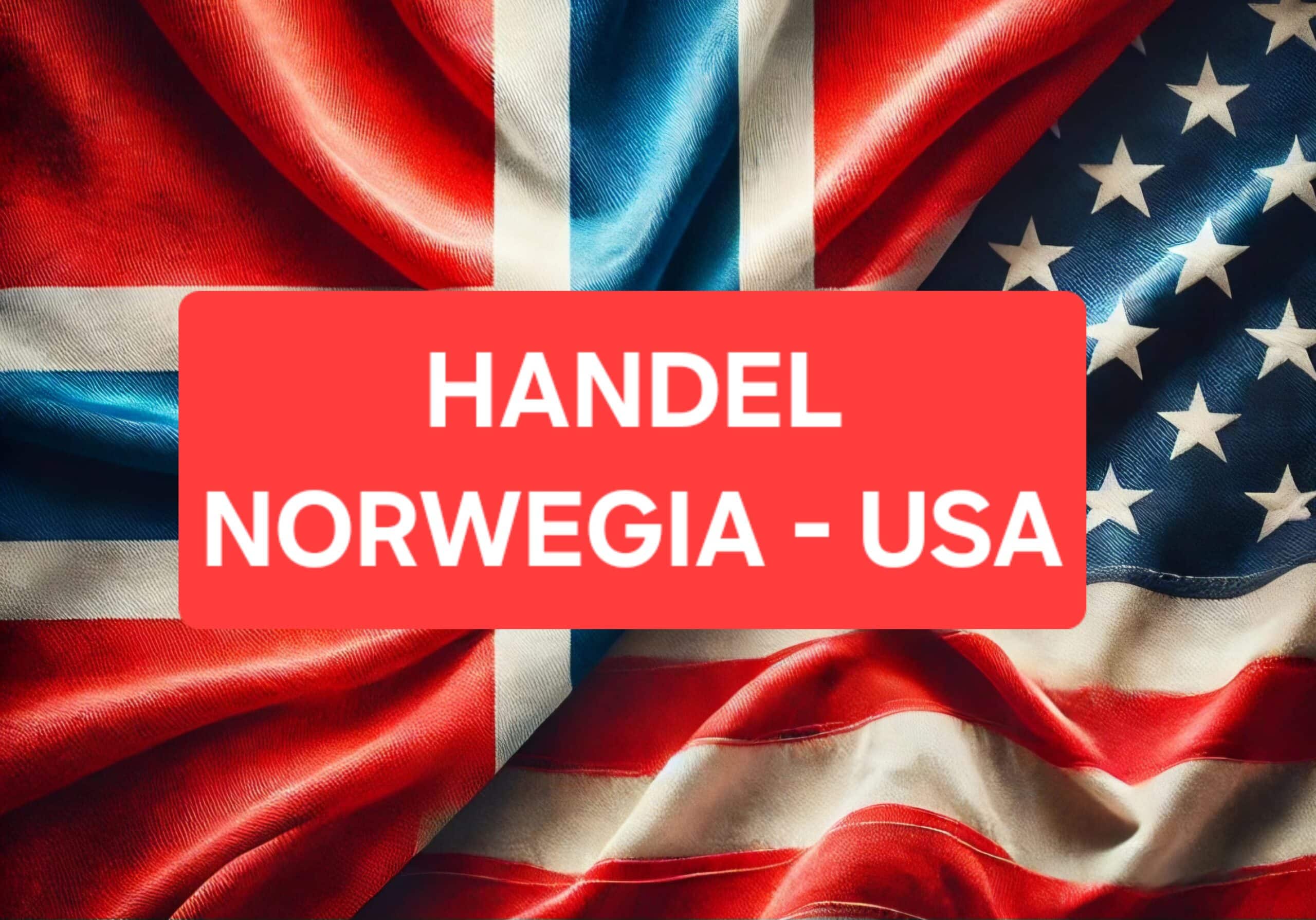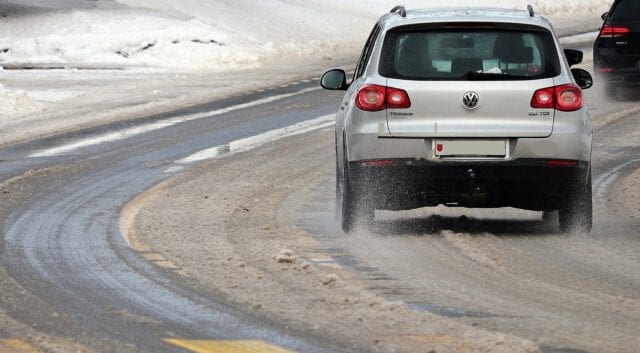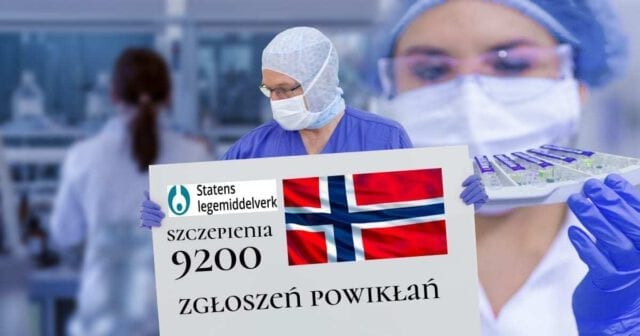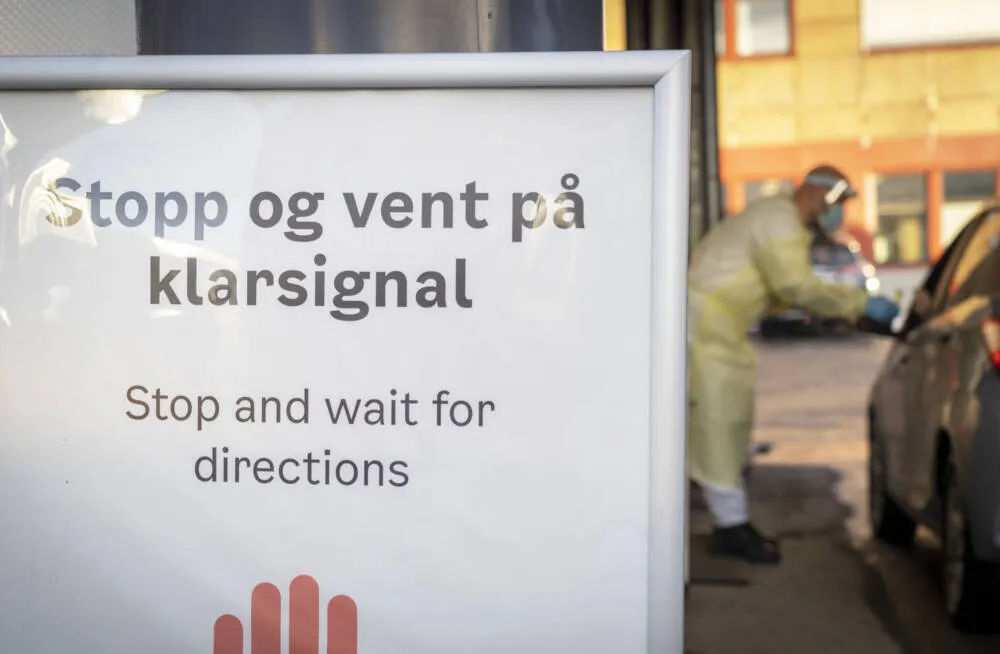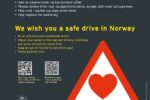Norweska komisja do spraw pandemii koronawirusa (Koronakommisjonen) przedstawiła 14 kwietnia swoją ocenę postępowania władz w związku z pandemią Covid-19 w postaci raportu.
Ocena sposobu postępowania władz w związku z pandemią koronową ogólnie dobra.
Po roku pandemii Norwegia należy do krajów o najniższej śmiertelności w Europie i który jest najmniej dotknięty finansowo. W trudnej dla kraju sytuacji władze szybko się dostosowały i podjęły decyzje, które zadecydowały o tym, jak to zrobić kryzys się rozwinął. Jednocześnie władze nie mogłyby odnieść sukcesu, gdyby ludność nie poparła środków kontroli zakażeń.
Władze jako całość dobrze poradziły sobie z pandemią, ale dochodzenie ujawniło również niekorzystne warunki
-W ocenie komisji, władze jako całość dobrze poradziły sobie z pandemią, ale dochodzenie ujawniło również niekorzystne warunki, zwłaszcza w zakresie gotowości na wypadek sytuacji kryzysowych, mówi szef Komisji Korona, Stener Kvinnsland.
Prawidłowe zamknięcie 12 marca 2020 r., ale pod presją czasu było większe niż to konieczne.
Kiedy środki interwencyjne były wdrażane w marcu ubiegłego roku, niewiele było wiedzy na temat efektu środki kontroli zakażeń i duża niepewność co do rozpowszechnienia zakażenia. Komisja uważa, że słusznie podjęto decyzję, zamiast czekać na większą wiedzę. Pakiet wprowadzonych środków był słabo zbadany i źle przygotowany.
– Już w połowie lutego norweska Dyrekcja ds. Zdrowia mówiła, że można to potraktować jako środki interwencyjne. Niemniej jednak żadne inne ministerstwa nie były zaangażowane i nie znajdujemy żadnych śladów, że społeczne konsekwencje środków zostały zbadane przed zamknięciem, mówi Stener Kvinnsland
Zamknięcie 12 marca 2020 roku postawiło pod presją Prezesa Rady Ministrów oraz Ministerstwa Zdrowia i Opieki. FHI powstrzymywało się i nie zalecało równie inwazyjnych środków. Norweska Dyrekcja ds. Zdrowia podjęła formalną decyzję 12 marca.
Rządowi brakowało planu powstrzymania infekcji importowych jesienią 2020 roku
Stworzenie wyjątków dla osób podróżujących służbowo z za granicy było szczególnie ważne w przypadku kontroli infekcji w kraju.
– Rząd stworzył zasady dla osób podróżujących służbowo bez dobrych systemów kontroli, mówi Kvinnsland.
Schemat, w ramach którego osoby podróżujące służbowo mogą się sprawdzić to była alternatywa dla kwarantanny. Ponadto pracodawcy byli odpowiedzialni za środki kontroli zakażeń i za to warunki życia, które spełniały wymogi kwarantanny. Gminy były przytłoczone odpowiedzialnością za nadzór nad przestrzeganiem wymagań. Kiedy rząd wprowadził surowsze kontrole graniczne pod koniec 2020 r., nie stworzył narzędzia do jego realizacji. Rejestracje przejazdów przez granicę miały miejsce na początku z piórem i papierem.
Podział ról między różnymi organami jest niejasny, ale aktorzy dobrze ze sobą współpracowali
– Podział obowiązków między Ministerstwo Zdrowia i Opieki, Norweską Dyrekcję ds. Zdrowia i NIPH wydaje się niejasny podczas postępowania z pandemią, mówi Kvinnsland.
Ministerstwo Zdrowia i Opieki powierzyło Norweskiej Dyrekcji Zdrowia rolę koordynatora wysiłków sektora zdrowia, ale samo dokonało znacznej koordynacji. FHI wyszło poza rolę dostawcy wiedzy. Norweska Dyrekcja ds. Zdrowia nie była w stanie wypełnić roli autorytetu w dziedzinie kontroli zakażeń. Pomimo niejasnych ról, trzej aktorzy dobrze ze sobą współpracowali. Rząd poświęcił zbyt mało uwagi gminom. Gminy dostały znacznie większe zadania w czasie pandemii, niż na które mogłyby być przygotowane.
Rząd nie był przygotowany. Wiadome było, że istnieje duże prawdopodobieństwo, że sprzęt będzie trudny do zdobycia
– Rząd wiedział, że pandemia to kryzys narodowy, którym to najprawdopodobniej był. To poważna porażka, że nie był przygotowany, gdy nadeszła pandemia COVID-19, mówi Kvinnsland.
Chociaż ustawa o chorobach zakaźnych daje możliwość zamknięcia dużej części społeczeństwa, rząd nie jest jednak przygotowany do zastosowania takich środków: nie znajdujemy żadnych scenariuszy, planów lub ćwiczeń. W pierwszej fazie pandemii wystąpił krytyczny niedobór sprzętu do kontroli zakażeń.
– Rząd wiedział, że istnieje duże prawdopodobieństwo, że sprzęt będzie trudny do zdobycia. Niemniej jednak, gdy COVID-19 przybył do Norwegii, magazyny były puste., mówi Kvinnsland.
W 2015 roku ustalono, że na całym świecie może występować niedobór sprzętu do kontroli zakażeń. Jednak rząd planował kupować sprzęt na światowych rynkach w zwykły sposób.
Co zawiera kompleksowy raport komisji do spraw pandemii koronawirusa (Koronakommisjonen)?
– W raporcie mamy 17 głównych przesłań oraz 60 punktów do nauki i zaleceń, mówi Kvinnsland. Ustalenia, oceny, wnioski i zalecenia komisji są podsumowane na początku rozdziałów raportu.
Komisja została powołana dekretem królewskim w dniu 24 kwietnia 2020 r. do przyjrzenia się i wyciągnięcia wniosków z wybuchu epidemii COVID-19 w Norwegii. Komisja była kierowany przez emerytowanego profesora Stenera Kvinnslanda.

